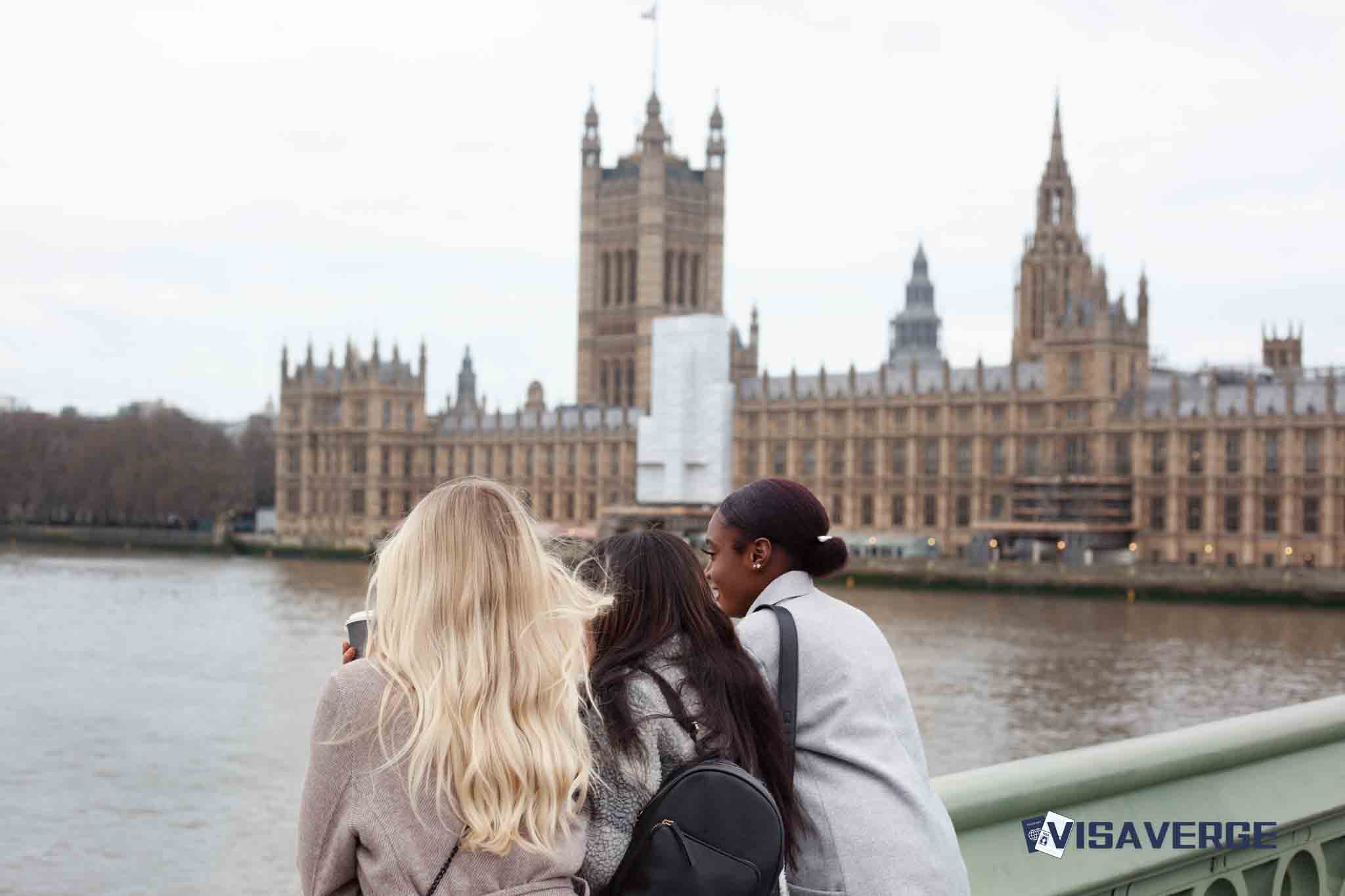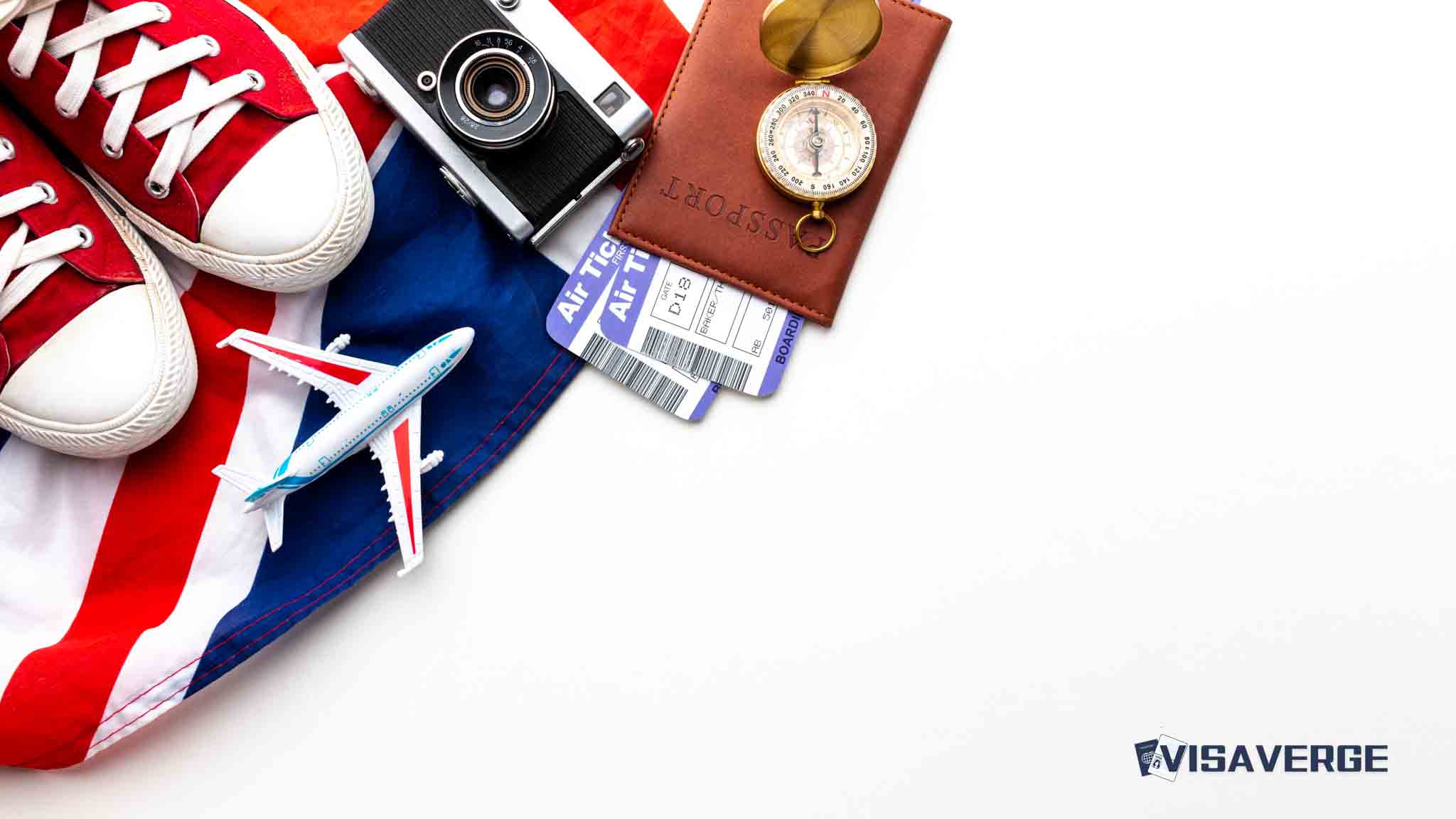Key Takeaways
• An asylum seeker crossed the English Channel with a German Shepherd, the first such known case in the UK.
• British law mandates a four-month quarantine for pets entering without proper health documents to prevent disease spread.
• Taxpayers fund the dog’s quarantine care, igniting debate over public spending on migrants and their pets.
A recent incident at the United Kingdom 🇬🇧 border has captured widespread attention and sparked debate over immigration, animal welfare, and public spending. An asylum seeker crossed the English Channel together with a pet German Shepherd, arriving in Dover, Kent. This event is notable because it marks the first time officials have identified a case where a pet accompanied its owner by small boat across the Channel. The situation has raised many questions about policy, costs, and what comes next for both the asylum seeker and the German Shepherd.
Arrival in Britain: An Unusual Journey

Officials at the Dover port discovered the German Shepherd during a standard check after they brought the asylum seeker ashore. The crossing itself stretched 21 miles across the often-dangerous Channel waters. The dinghy was small, not built for comfort or safety. For both the asylum seeker and the dog, the journey was a risky choice, showing the lengths some people are willing to go for safety and a better life.
The Channel crossing has long been a topic of heated discussion in Britain, as many people try to reach UK shores in hopes of seeking asylum. Most come alone or with their families. It is extremely rare, if not unheard of, for a pet to make this journey alongside a human. The arrival of the German Shepherd did not only surprise authorities but also added a whole new layer to discussions around procedures and policies for irregular migration.
British Quarantine Rules: Keeping the Country Safe
After the discovery, the focus quickly turned to the German Shepherd’s future. Britain 🇬🇧 has strict rules about animals entering the country. These laws are designed to stop diseases from spreading, like rabies and other infections that pets can carry. Under the current biosecurity laws, any animal arriving without proper papers or checks must go into quarantine. This is a special kind of holding area where the pet is kept away from other animals and people for a period of time. The goal is to make sure the animal does not have any hidden diseases before it joins the wider community.
In this case, the German Shepherd has to stay in government-approved quarantine for at least four months. During this time, it will get health checks and be monitored by vets to look out for any signs of disease. This period could be even longer if questions about the dog’s health come up, or if there are delays in reuniting the pet with its owner.
The Cost to Taxpayers: A Point of Controversy
One main topic of debate is the cost of caring for the German Shepherd while it is in quarantine. According to rules set by the government, these costs are to be paid by British taxpayers. This includes shelter, food, any medical treatment, and general care for the animal. Some estimates suggest the total bill could easily reach into the thousands of pounds, especially if the stay must be extended.
This issue was quickly picked up by politicians. Shadow Home Secretary Chris Philip was quoted as saying, “The cost of quarantining this dog will run into thousands, all paid for by the British taxpayer. It is barking mad.” His comment reflects a popular concern about how much public money is spent on supporting migrants and, in this case, their pets as well.
These costs come at a time when the British public is already discussing how much the country spends on asylum seekers and border controls. Many people worry about the total bill for all services provided, including housing, health care, and now animal care for arrivals like the German Shepherd.
Political and Public Response: Suggestions and Solutions
This case has started a conversation that goes beyond just one man and his dog. Local and national officials now find themselves having to answer fresh questions about what Britain’s responsibilities should be to animals that arrive with their owners under unusual conditions.
One interesting suggestion has come from some local officials, who said that once the German Shepherd has finished quarantine, it could be put to work in a police canine unit. This idea would help offset the money spent on its care. If the dog is healthy and has the right qualities, it could be trained to join a police dog team, supporting officers in sniffing out drugs, searching for people, or helping with public safety.
Whether this happens will depend on many factors. For example, the owner’s wishes must be respected, and the dog’s health and temperament must be suitable for police work. It is still unclear if this option will go forward. Even so, the idea shows that officials are under pressure to find new approaches to managing the costs and responsibilities tied to unexpected arrivals like this one.
Human and Animal Welfare: Compassion and Regulation
This unusual story shines a light on some deeper topics. On one hand, the arrival of the asylum seeker and his German Shepherd points to the ongoing struggles faced by many people trying to find safety and start over in the United Kingdom 🇬🇧. People fleeing danger often bring with them what matters most, even if that means risking an unsafe journey across the Channel. A pet can be a vital companion, bringing comfort, hope, and a sense of home to someone who has lost so much.
On the other hand, the incident points out the challenges faced by border officials, animal control agencies, and government workers who have to deal with new situations for which they have no clear guidance. Britain’s strict quarantine laws are meant to keep people and other animals safe. But they can also create obstacles, costs, and delays that are hard to solve on a case-by-case basis.
From an animal welfare view, the time in quarantine can be stressful for dogs, especially if they are already tired or stressed from a long trip. Pet owners who understand these laws might worry about the mental and physical health of their animals during such a long stay in unfamiliar surroundings.
Immigration Policy in the Spotlight
The arrival of the asylum seeker and his German Shepherd has triggered wider questions about how current rules handle new and unexpected twists in migration. Asylum seekers often come from dangerous places, seeking protection under international law. They sometimes take huge risks to reach a safer country. Bringing a pet along can be seen as an act of love and responsibility, but it adds a new layer of difficulty for everyone involved.
As more stories emerge about creative or risky ways migrants try to reach Britain, it is becoming clear that border rules and asylum regulations must sometimes adapt to handle situations that law makers did not expect. For officials, there is now a need to strike the right balance between safety, compassion, and responsible use of resources.
What Happens Next for the Dog and Owner?
For now, the German Shepherd will remain in quarantine while the asylum seeker’s claim is reviewed. The government’s quarantine rules state that a pet arriving without properly completed health checks or up-to-date medical records must be isolated for the full length of time, no less than four months. This policy aims to stop any possible diseases from spreading into the United Kingdom 🇬🇧.
If you would like to find more details about how the quarantine process works and why it is required, the UK government explains the steps on its official website.
If the asylum seeker’s claim is approved, there is a good chance the German Shepherd will be allowed to join him once the quarantine period is up. If the claim is denied, both owner and dog may be subject to removal from the country. There are, however, many layers of appeal and review in asylum cases, and the process can take months before a final answer is given.
In the meantime, British taxpayers are expected to cover the costs of the dog’s shelter, food, medical needs, and any special care it requires. If the situation drags out because of legal or health issues, these costs could grow even higher.
Broader Impact: What This Means for Other Asylum Seekers and Pet Owners
This story may lead to new thinking about how pets are handled when crossing borders in uncommon ways. Many countries have detailed rules about animals, especially dogs, as they can carry diseases like rabies. However, the current British regulations did not appear to expect situations where asylum seekers bring pets by boat.
As reported by VisaVerge.com, officials are now looking at whether rules should be changed to make things clearer for future cases. On one hand, allowing pets to join their families after a safe and healthy quarantine period supports animal welfare and helps keep families together. On the other hand, carrying the cost and responsibility for these animals may place more strain on public services and budgets.
Other countries in Europe have seen similar cases, but this is the first time such an incident has happened in the United Kingdom 🇬🇧 with such clear attention given to the animal. The story may set an example or shape future policies about what happens when animals arrive as part of irregular migration.
Differing Opinions: A Divisive Story
The public feedback so far shows split opinions:
- Some feel sympathy for the asylum seeker and his pet, seeing them as brave for sticking together even in hard times. They argue that looking after both the person and the animal is the right thing to do, even if it brings extra costs.
- Others worry about the use of taxpayer money and believe spending thousands on a quarantined German Shepherd is too much. They say public money should have more limits, and that rules should be made stricter or more detailed.
This difference in opinions is not new when it comes to debates about immigration. But the presence of the German Shepherd has made these feelings come through in new ways. The dog’s story adds an emotional angle that makes people think about the links between humans and their pets and what is fair for everyone involved.
Final Thoughts: Where Does Britain Go from Here?
As officials, lawmakers, and communities watch this story unfold, it is clear that policies must keep up with real-life challenges. The incident shows that even the most detailed immigration and animal health laws cannot always predict what will happen in the real world.
For the time being, the focus remains on making sure both the asylum seeker and the German Shepherd are treated fairly, safely, and according to the law. Going forward, Britain may need to update its processes or provide clearer guidance for unusual cases like this.
This particular story may be rare, but it highlights real questions about compassion, safety, cost, and the bonds we share with our pets. As debates continue, those involved will look to current rules, public opinion, and possible new policies to handle future arrivals—both human and animal.
To learn more about bringing pets to Britain, and rules meant to protect everyone, you can visit the UK government’s pet travel page.
For now, the German Shepherd waits in quarantine, its fate tied to that of its owner, setting a unique example in the ongoing discussion about borders, safety, and what we owe to both people and animals who seek a better life.
Learn Today
Asylum Seeker → A person seeking international protection from dangers in their home country.
German Shepherd → A breed of dog noted for intelligence and often used in police and rescue work.
Quarantine → A governmental safety period isolating animals to prevent disease before joining the community.
Border Controls → Official procedures to monitor and regulate entry into a country.
Biosecurity Laws → Regulations designed to prevent the introduction of harmful diseases through animals or goods.
This Article in a Nutshell
A unique asylum case emerged as a man crossed the English Channel with his German Shepherd. UK quarantine laws require the dog to stay isolated for four months, costing taxpayers thousands. This incident raises serious questions about immigration policies, animal welfare, and public funding in Britain’s evolving border controls.
— By VisaVerge.com
Read more:
• Jet2 urges UK families to pre-book seats to sit together on flights
• UK launches strict penalties for disruptive air travel behavior
• Ukraine’s trade visa-free regime with EU to end in June 2025
• UK-India Free Trade Agreement opens paths for skilled migration
• Josephine Maurice jailed for UK citizenship test impersonation scheme







